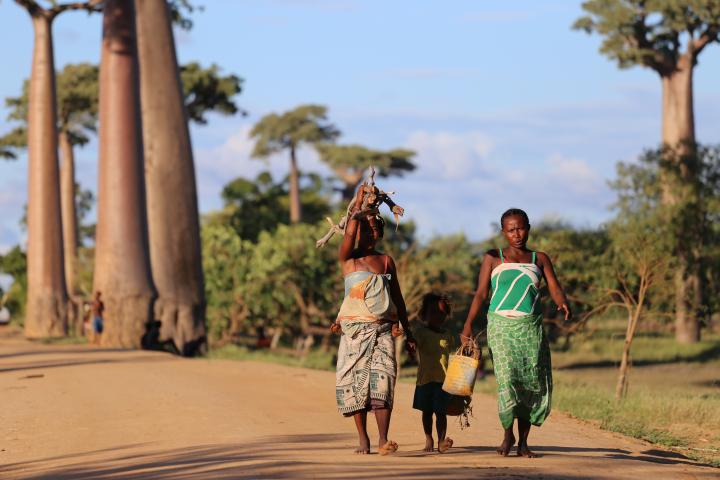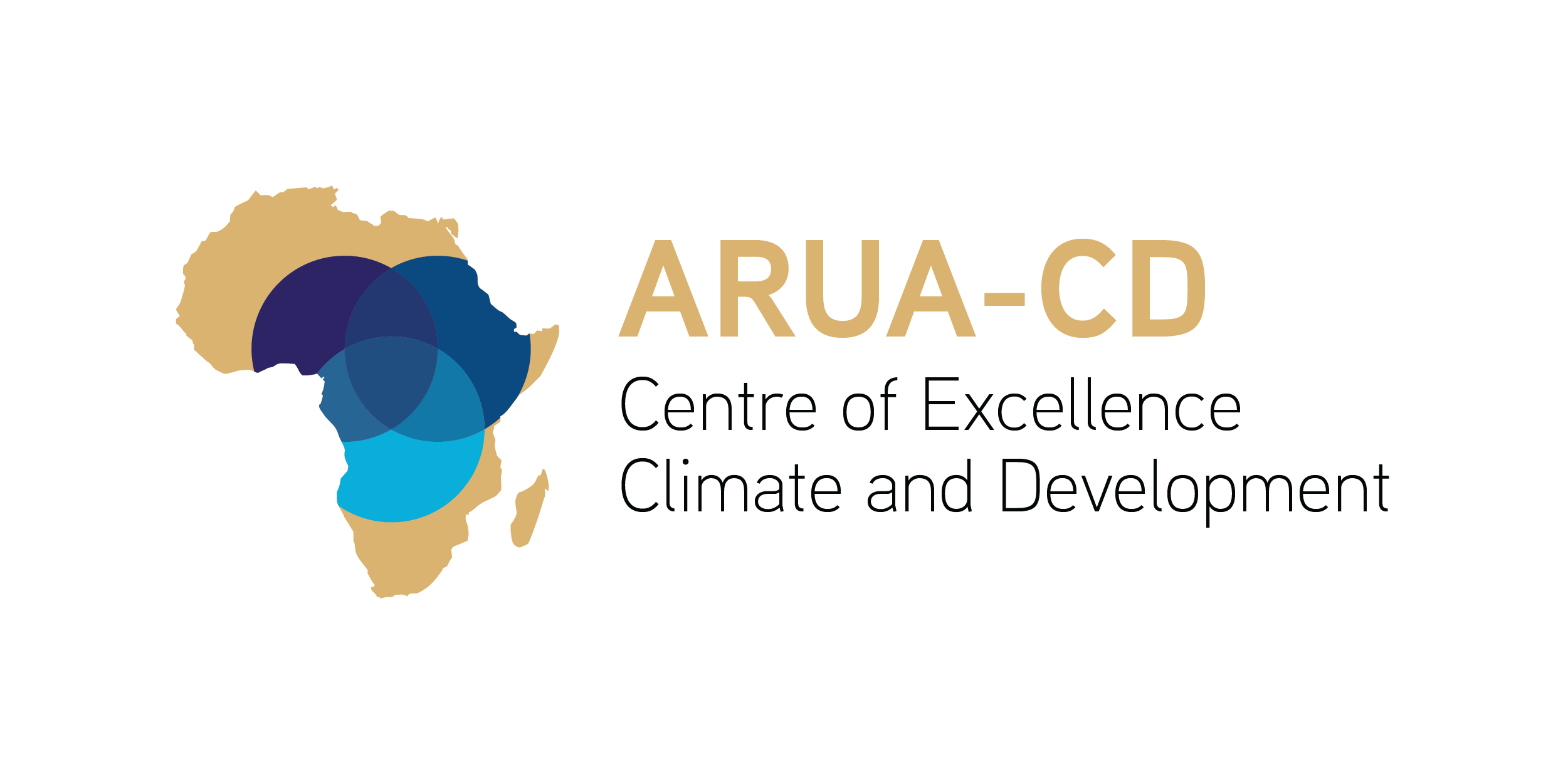TSITICA team host side event at Inequality, Work, and Nature Conference

The Transforming Social Inequalities Through Inclusive Climate Action (TSITICA) project, a joint initiative of ACEIR and ARUA-CD, organised a side event at the 2023 Inequalities, Work and Nature Conference discussing how social inequalities shape climate action and the implementation of the Paris Agreement in sub-Saharan Africa.
In November 2023 South Africa hosted the Inequalities, Work and Nature Conference. The conference is a collaboration between the South African Presidency, the EU, AFD and the African Centre of Excellence for Inequality Research that is hosted by the University of Cape Town. The conference brought together the political, academic, and international development spheres to discuss how the trade-offs between inequality and environmental change are shaping each of the four country’s development pathways, specifically focusing on how to build consensus and make progress on the political front.
Discussing long-term development trajectories that are both ecologically and socially sustainable
The African Centre of Excellence for Inequality Research (ACEIR), key project partner for TSITICA, hosted several sessions during the conference that showcased research on the strategic dilemmas appearing when designing long-term development trajectories that are both ecologically and socially sustainable.
Sessions included:
- profiling multidimensional vulnerability to climate change impacts
- environment and inequality
- spatial inequalities and ecological transitions
- climate mitigation and inequality
- Inequality diagnostics for the future
Read more about these hosted sessions and watch the recordings
Exploring social inequalities and inclusive climate action
Complementary to these sessions, the Transforming Social Inequalities Through Inclusive Climate Action (TSITICA) project, a joint initiative of ACEIR and ARUA-CD, organised a side event discussing how social inequalities shape climate action and the implementation of the Paris Agreement in sub-Saharan Africa through evidence from Ghana, Kenya, and South Africa.
The session highlighted TSITICA research which showed a bias towards climate mitigation projects in the three regions with a lack of focus on adaptation and very few climate change interventions addressing poverty and/or inequality.
